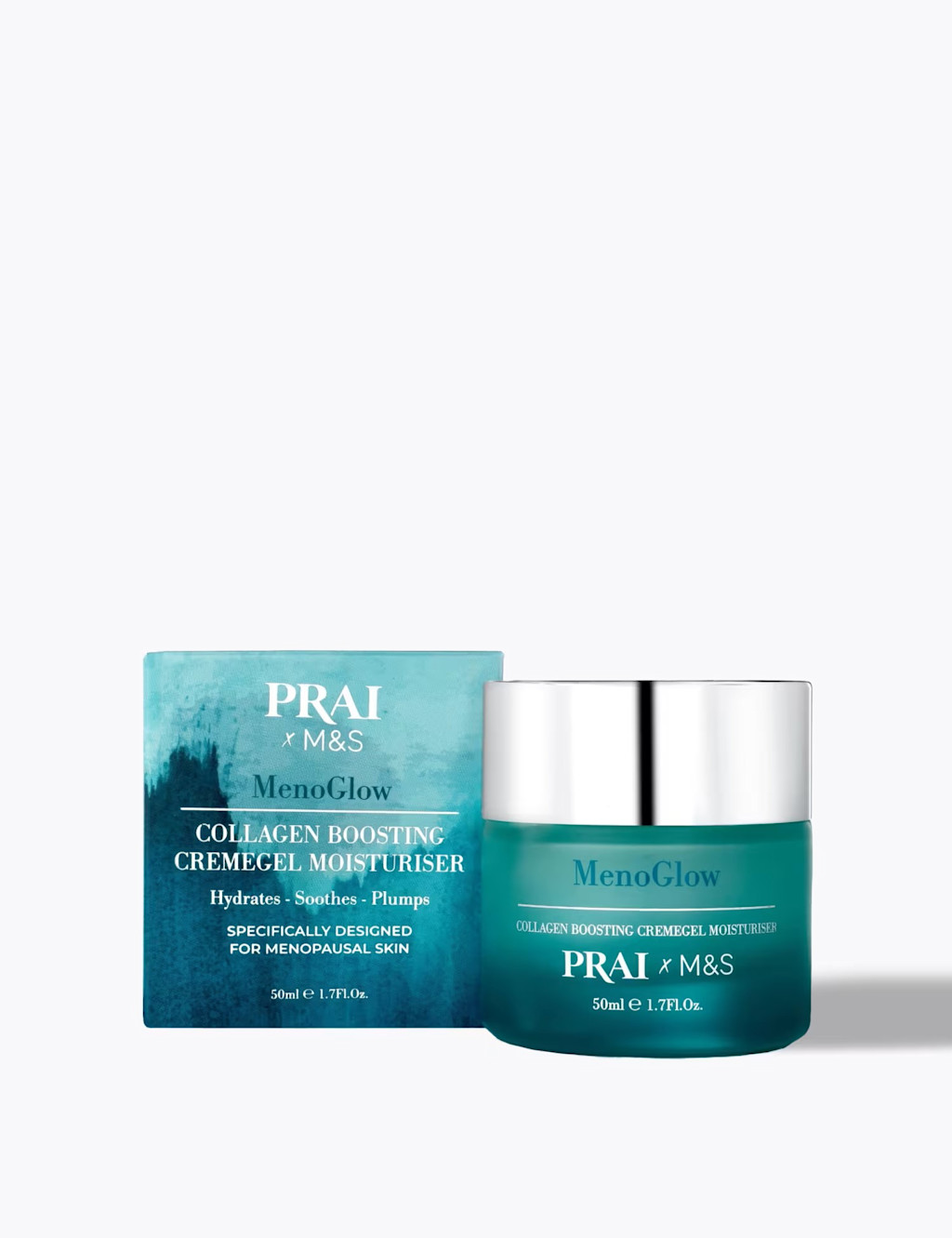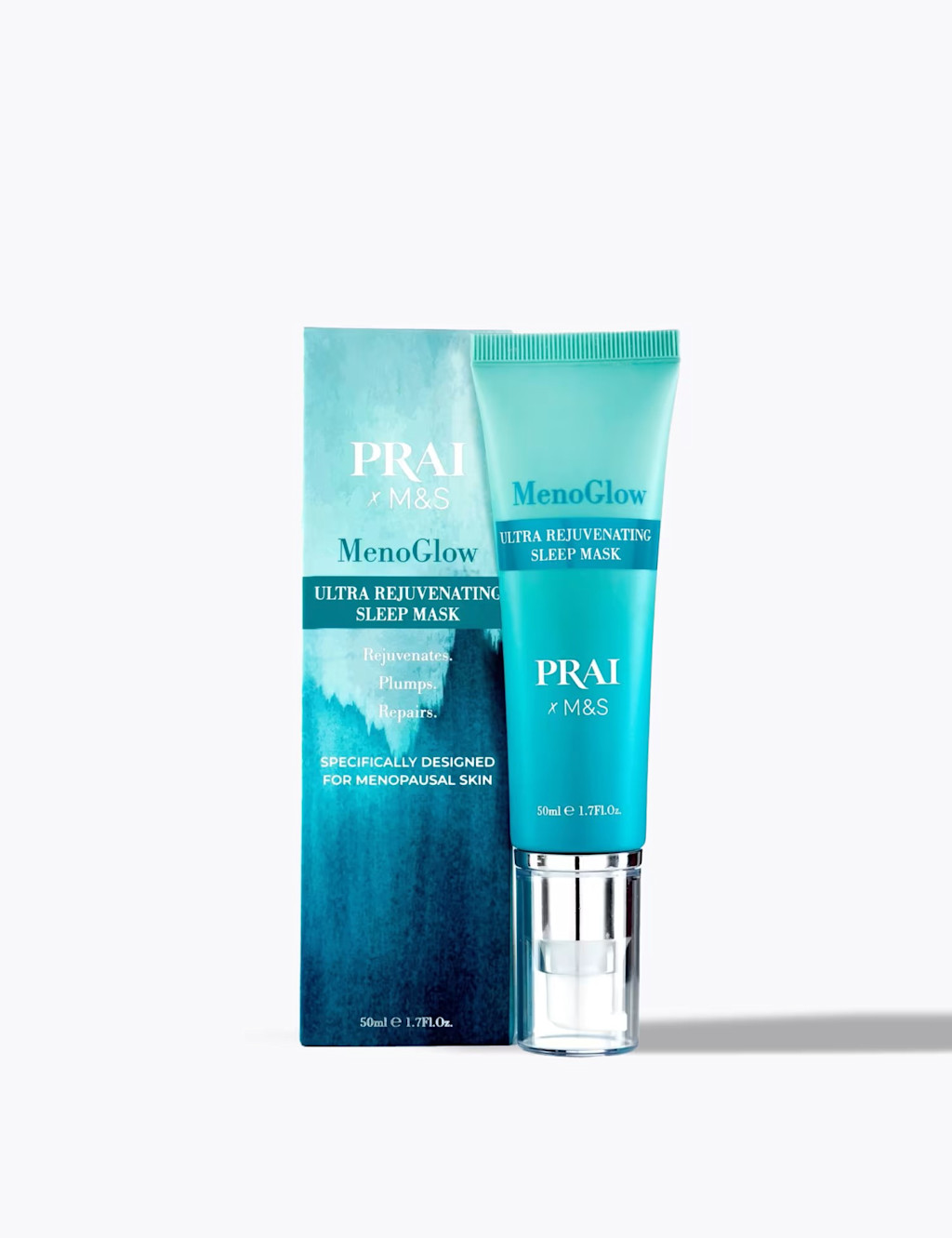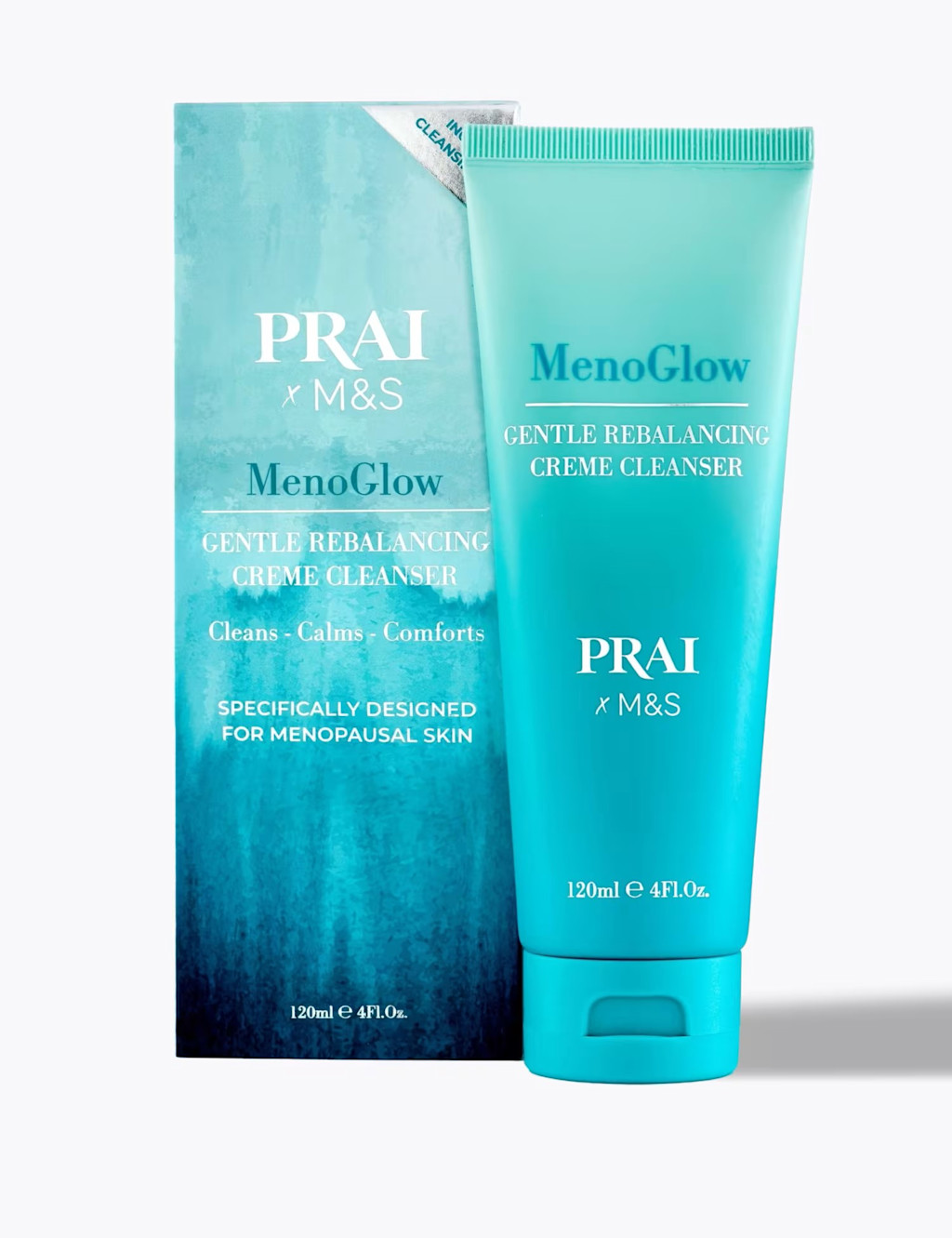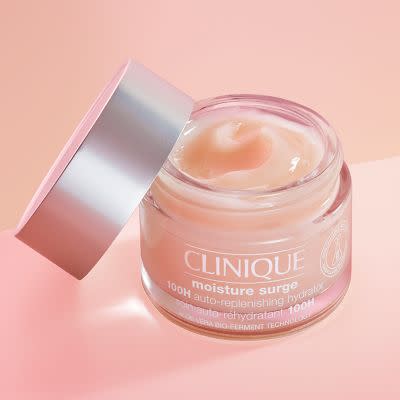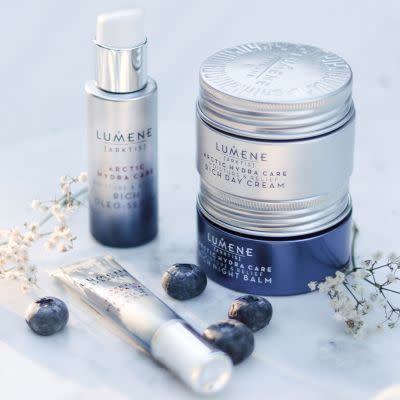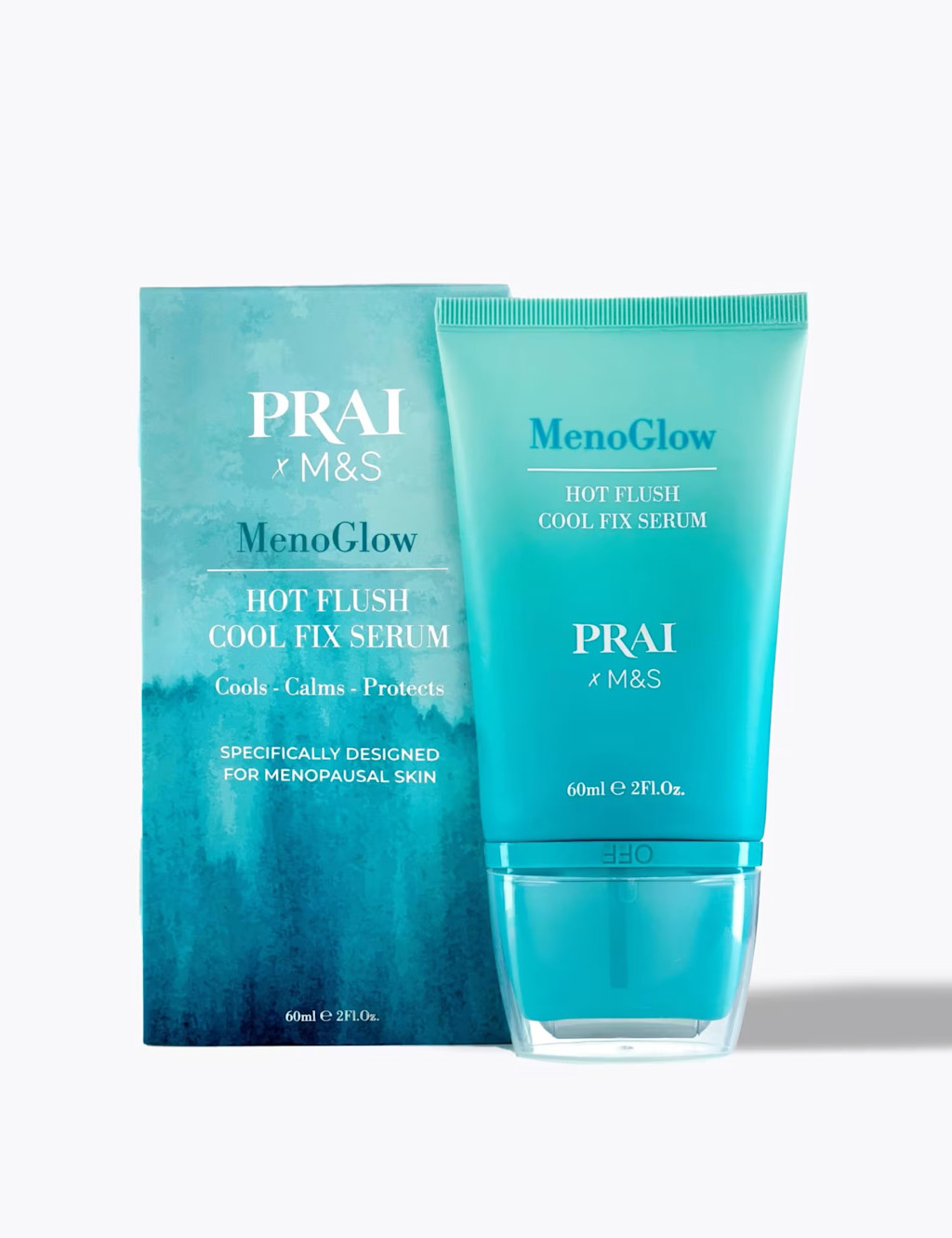
How the Menopause Affects Your Skin
Content editor
Sarah Lafarge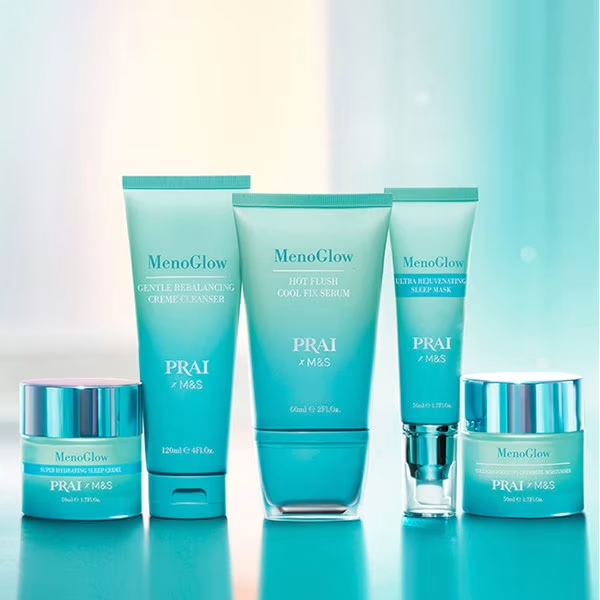
How menopause affects your skin
What are the most common skin complaints associated with perimenopause and menopause? Increased dryness and wrinkling, loss of skin laxity and skin thinning, night sweats and hot flushes that cause sudden reddening.
Why does the menopause accelerate signs of skin ageing? When women reach menopause, the level of collagen and elastin in the skin reduces, while skin thinning accelerates. This can lead to dryness, itching, wrinkles and a reduction in suppleness, as well as an increase in sensitivity. As the cell turnover slows down, natural moisturising fats from the skin are lost and glands that secrete oil and sweat become smaller, again contributing to dryness.
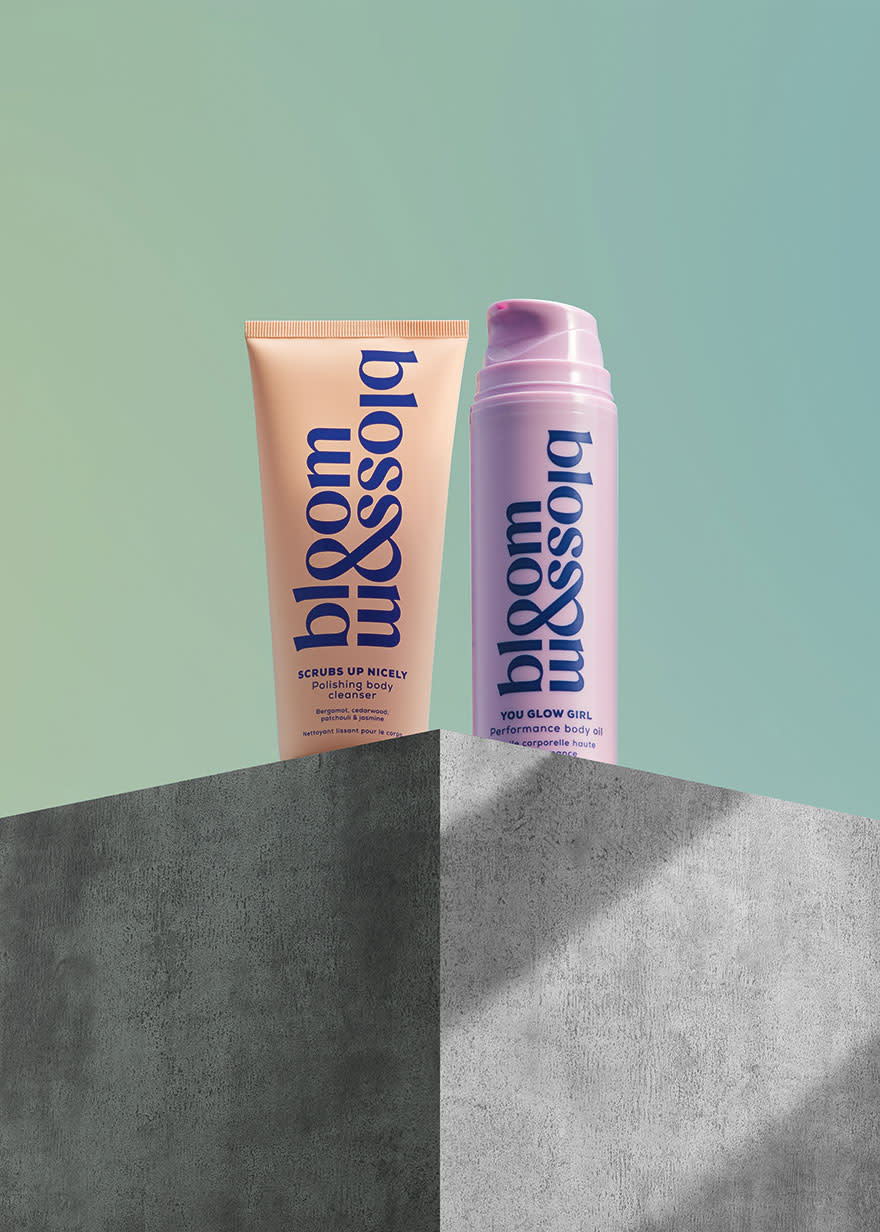
Skincare ingredients
Which skincare ingredients should you look out for to help menopausal skin?
Peptides are important as they stimulate collagen production and improve cell turnover. Moisturising ingredients are also key; look out for hyaluronic acid and ceramides. Glycerin and niacinamide are also good. It’s worth using a soap substitute, plenty of emollients and don’t forget to moisturise your body, too. Specialist ranges such as Prai’s MenoGlow are now available to help. Featuring cooling, collagen-boosting products, the range has been designed for the particular needs of menopausal skin, from redness and hot flushes to extreme dryness that can exacerbate fine lines. Also try Bloom and Blossom's Cool & Calm Menopause Edit, packed with calming ingredients to soothe, cool and hydrate sensitive, hormonal skin.
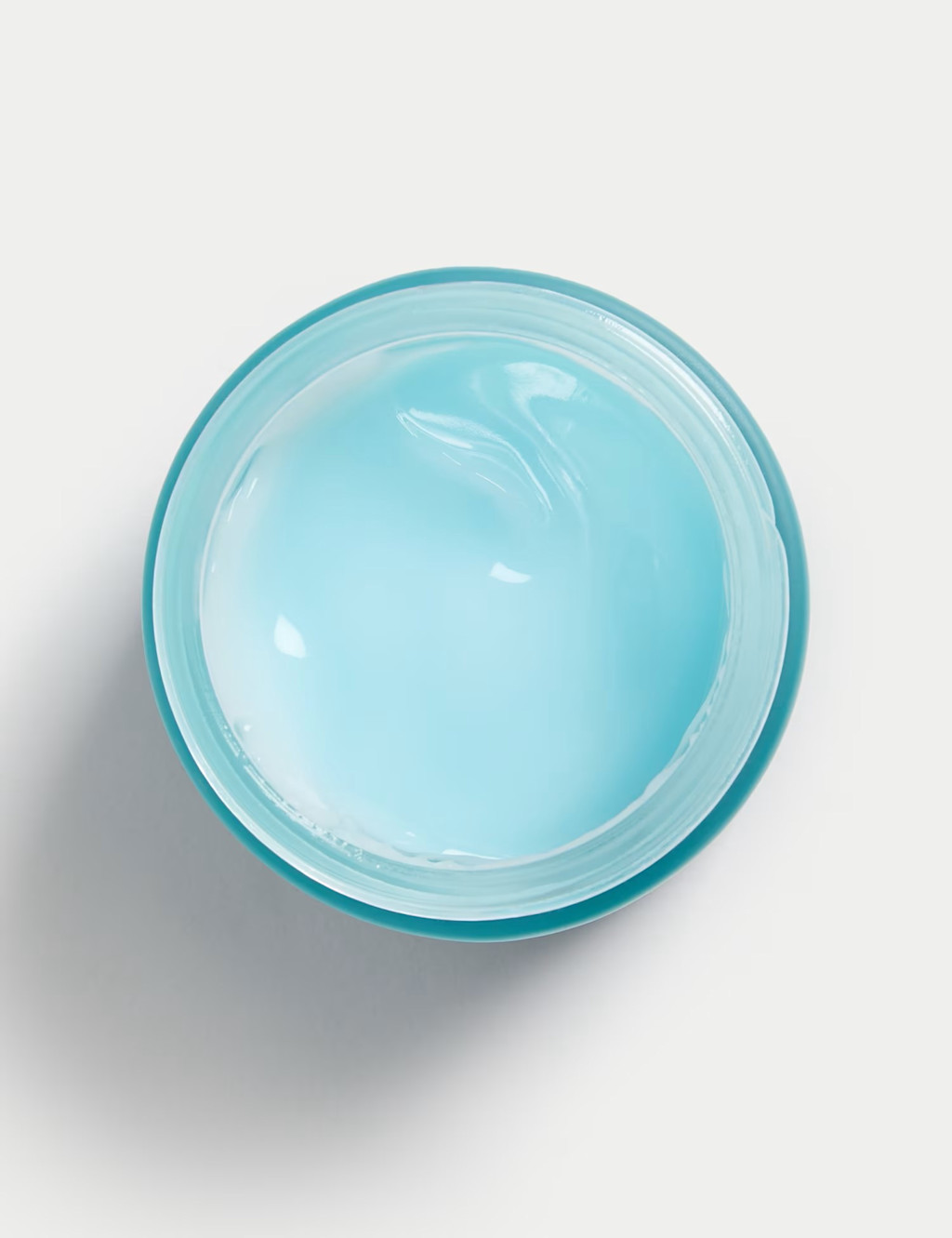
Menopause skincare routine
What does an optimum daily skincare routine around this age look like?
Use a gentle cleanser to wash your face morning and evening to help combat skin dryness. Consider building in a chemical exfoliant into your routine for pro-ageing benefits but do this gradually to avoid irritation. I suggest starting with a PHA first as this is the least irritating. A good way to incorporate these ingredients is through a cleanser (so use a chemical exfoliant cleanser a few times a week). Other chemical exfoliants include AHAs (for oily skin) and BHAs (for acne-prone skin).
Antioxidant ingredients have a host of benefits including protection from pollution and pro-ageing effects. I suggest regularly using a product that contains antioxidants, such as a serum, before your sunscreen. Examples of antioxidants are vitamin C, omega 3 fatty acids or cloudberry seed oil.
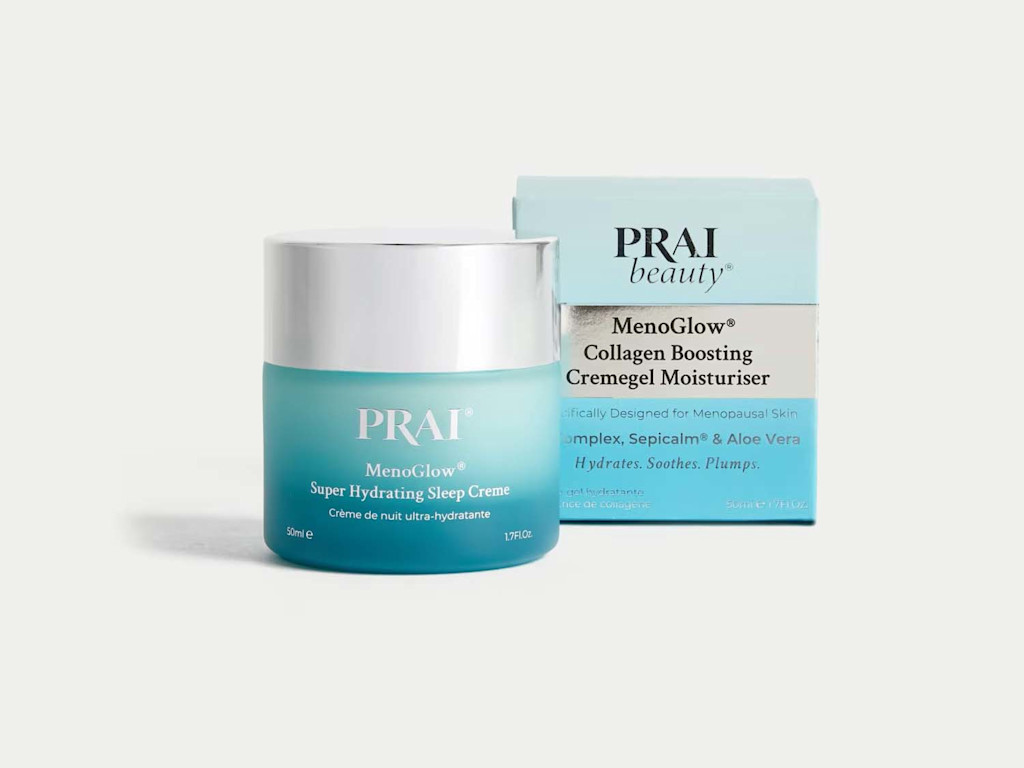
More skincare tips
Use sunscreen every day
High-factor sunscreen (SPF 30-50) is important at all ages. However, at a time when skin is delicate (and keeping in mind that sun damage is cumulative during your life), it’s now crucial to incorporate sunscreen into your morning regime. As skin can feel dry when you’re going through the menopause, a moisturiser is helpful to combat dehydration, which can leave skin flaking, feeling tight or irritated. Explore our range of hydrating and replenishing moisturisers to find the perfect one for your skin.
Skin products for menopause
Published 10.14.2024
Related Stories
5.6.2024
Iconic Clinique buys
We're celebrating two years of Clinique at M&S with dermatologist-guided favourites from the iconic beauty brand
Read more
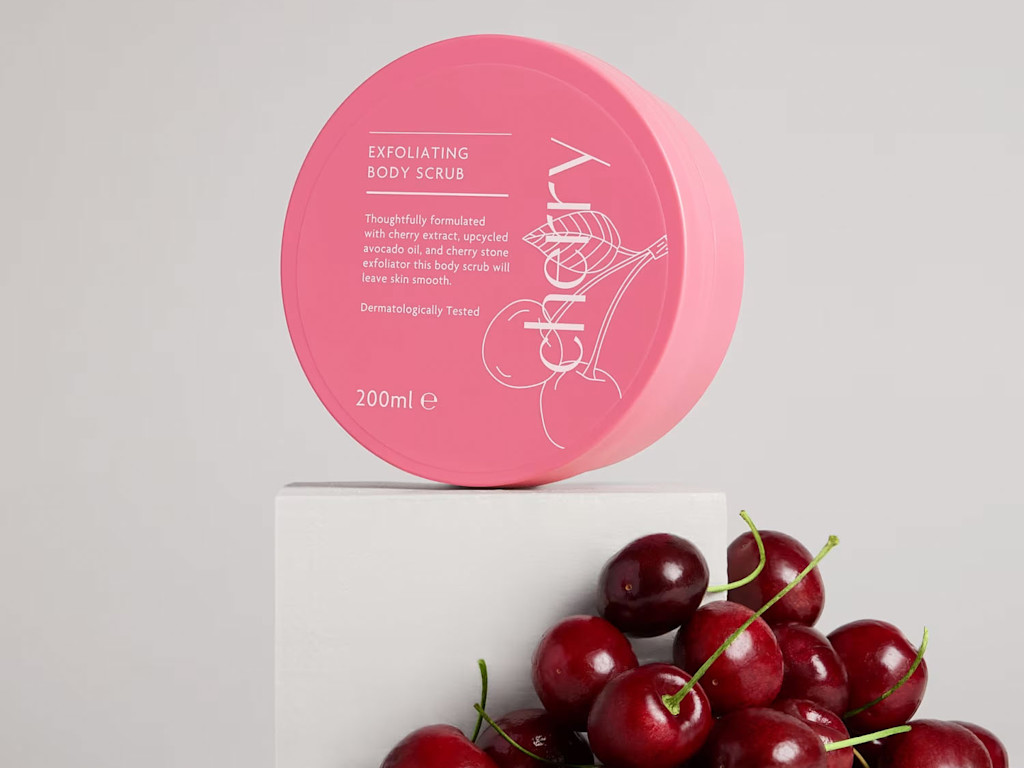
8.18.2024
Best bath and body products
In need of some pampering? From gorgeously scented lotions to exfoliating scrubs, discover our favourite body care products at M&S
Read More
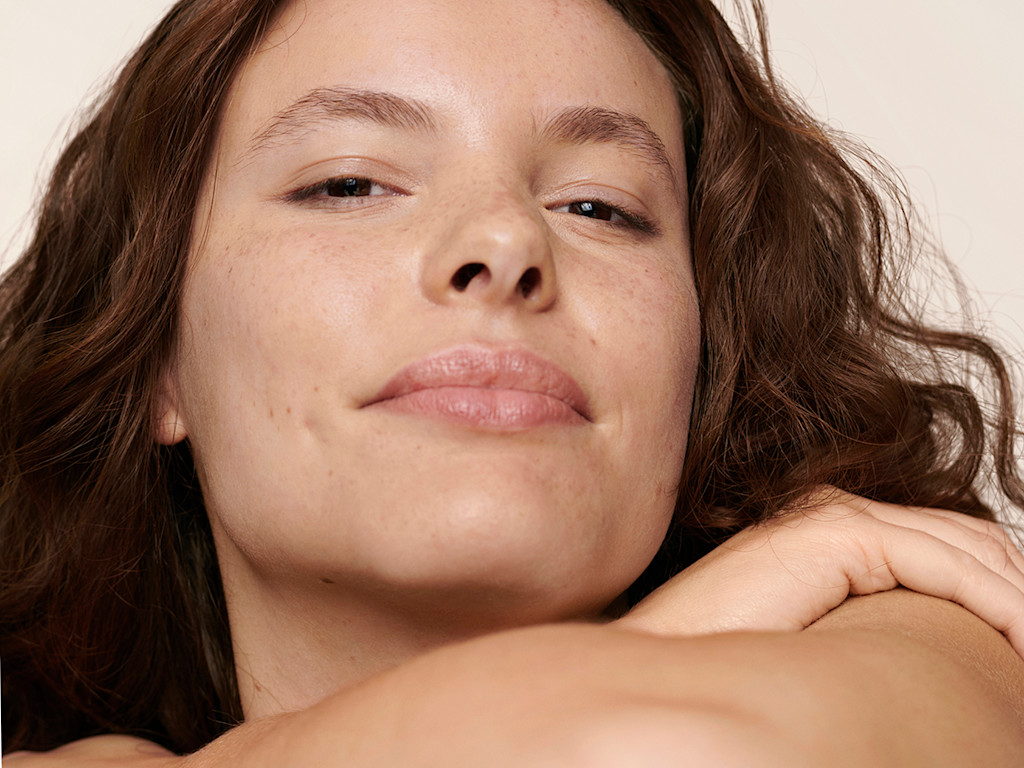
5.3.2024
Everything you need to know about sunscreen
Stay safe this summer with our guide to all your burning questions on sun protection, including why sunscreen is so important and when to apply sunscreen
Discover more
1.18.2024
Winter skincare tips
The Finns know a thing or two about winter skincare. Make your complexion glow with Lumene's Arktis range, designed for deep hydration during the coldest months
Read more
